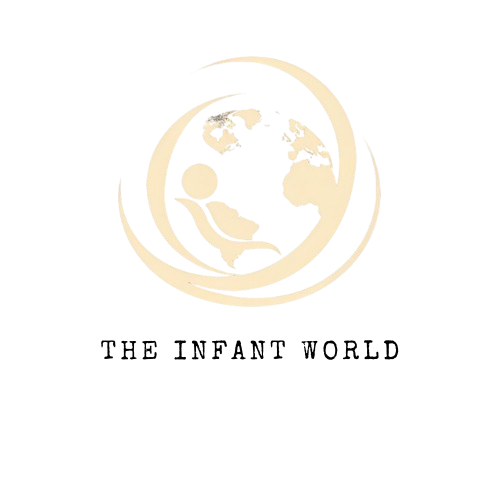Selecting the right water for baby formula is essential for the health and welfare of your child. The development and general health of your infant might be greatly impacted by the water you use. As such, it’s critical to comprehend the range of possibilities and choose the safest one. This thorough guide will go over the many kinds of water, important factors to think about, and offer recommendations to help you make a wise choice.
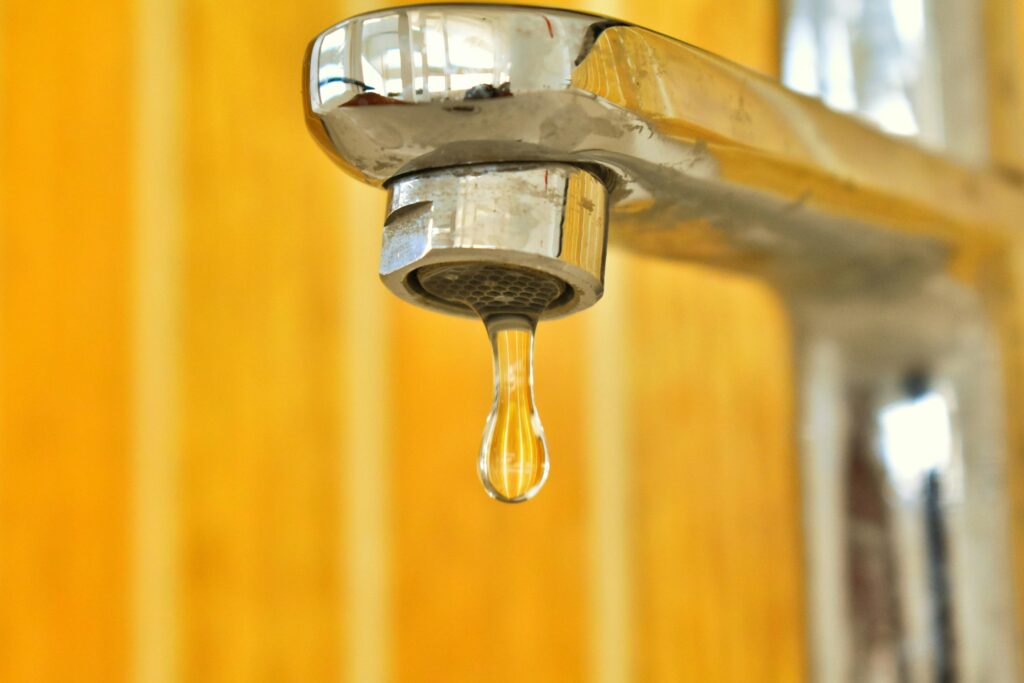
Tap Water
For many houses, tap water is a popular and easily accessible supply. It is a well-liked option for blending infant formula since it is affordable and practical. But depending on where you live, tap water quality might differ greatly. Here are a few crucial things to think about:
Quality Variations: The infrastructure that delivers water to households and the nearby water treatment plants have a major impact on the quality of tap water. Some places have extremely pure tap water that complies with all safety regulations. It might, however, include toxins in other places that are dangerous for your unborn child. Lead from outdated pipes, chlorine used to sanitize the water, and excessive fluoride levels are a few examples of these toxins.
Lead Pollution: Lead is a major hazard, particularly in older homes that may have lead fixtures or pipes. Exposure to lead, even at low levels, can result in developmental delays and other health problems in newborns and early children. It’s critical to look up local water quality reports or have your tap water tested for lead in order to reduce this risk.
Chlorine and Additional Substances: In municipal water systems, chlorine is frequently used to eradicate bacteria and other diseases. High concentrations of chlorine can be dangerous even if it works well to make water safe to drink. Tap water may also contain other chemicals that could be harmful to your baby’s health, like industrial pollutants, pesticides, and medicines.
Boiling Tap Water: The majority of bacteria and viruses may be eliminated by boiling tap water, protecting your infant. Boiling, however, does not eliminate chemical pollutants such as nitrates, chlorine, or lead. Make sure to allow the boiled water to cool before combining it with the formula if you decide to use tap water for baby formula. Check local water quality reports frequently, and think about using a water filter that has been approved to remove particular toxins.
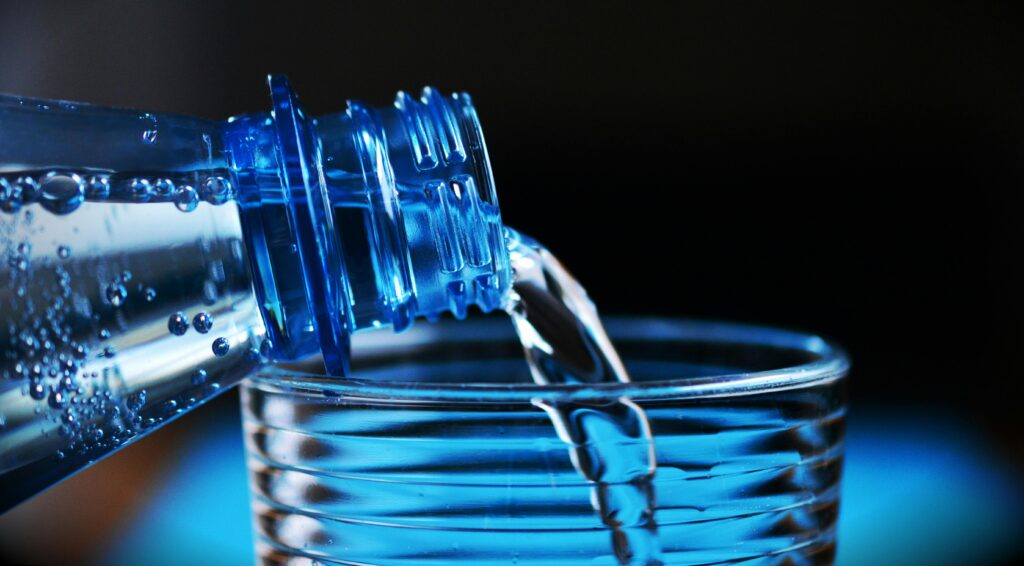
Bottled Water
Another alternative for making baby formula is to use bottled water. In the US, it is governed by the Food and Drug Administration (FDA) and is generally regarded as safe. But there are a few crucial things to remember:
Safety and Convenience: Because it is easily accessible and portable, bottled water is a practical option. Additionally, because it passes stringent testing and complies with safety regulations, it is generally safe. The environmental effects of plastic trash are a major problem, and it can be more expensive than tap water.
Mineral Content and Fluoride Levels: Every bottled water is not created equal. Between brands, there might be notable differences in fluoride levels and mineral content. Selecting bottled water marked as distilled or purified is crucial for infant formula because these varieties are low in minerals and free of impurities. To avoid dental fluorosis, a disorder brought on by an excessive consumption of fluoride during infancy, steer clear of bottled water with high fluoride levels.
Reading Labels: Make sure the bottled water you choose satisfies the required safety standards by carefully reading the labels. Seek out details about the water’s origin, its treatment, and its mineral concentration. Select manufacturers that offer comprehensive details regarding their safety and water quality criteria.

Distilled Water
Because it’s so pure, distilled water is frequently suggested for infant formula. It is made by heating water to a boil, removing minerals and impurities, and then condensing the steam back into liquid. Here are some essential details regarding distilled water:
Safety and Purity: Contaminants include bacteria, viruses, heavy metals, and chemicals are absent from distilled water. Because it protects your infant from potentially dangerous ingredients, it’s a great option for making baby formula.
Insufficient Minerals: Distilled water has the drawback of being devoid of healthy minerals that are found in tap water by nature. While making baby formula doesn’t usually require these minerals, some parents do prefer water that has a trace quantity of minerals in it. The absence of minerals in distilled water is not a major worry, though, because the formula already contains all the vital elements your baby needs.
Recommendations: Because it’s safe and pure, distilled water is often recommended by pediatricians when making baby formula. It is easily found in supermarkets and is frequently marked “for use with baby formula.” Make sure the distilled water you buy is stored and sealed correctly to preserve its purity.
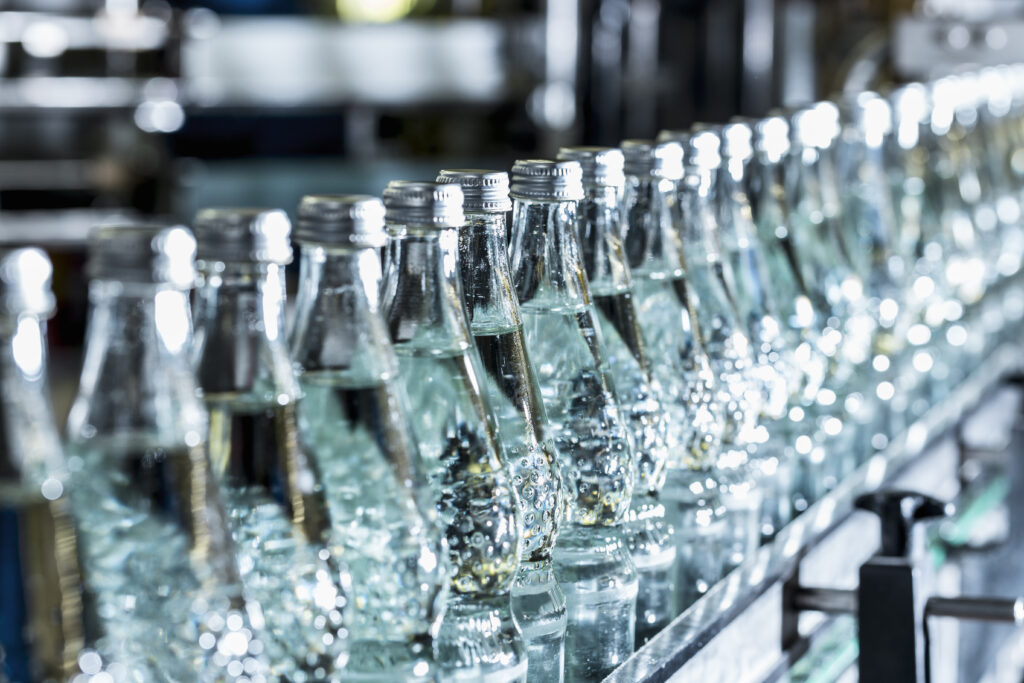
Nursery Water
Many retailers have nursery water, which is made especially for infants. Usually distilled, it could also have fluoride added. Considerations for using nursery water include the following:
Designed for Babies: The purpose of nursery water marketing is to be used with infant formula. In order to maintain purity, it is frequently distilled, and fluoride may be added to promote oral health. Some parents, however, may be concerned about the additional fluoride, particularly if the formula already contains fluoride.
Cost and Convenience: Although nursery water is more costly than ordinary distilled water, it has the advantage of being specially made for infants. It is simple to buy and store because it is offered in a wide range of stores and sizes.
Fluoride-Related Issues: Consider the overall amount of fluoride ingested if you select nursery water with fluoride added. Too much fluoride can result in dental fluorosis, which discolors and pits teeth. If you are worried about fluoride levels, several brands offer nursery water that is fluoride-free, which may be a safer choice.
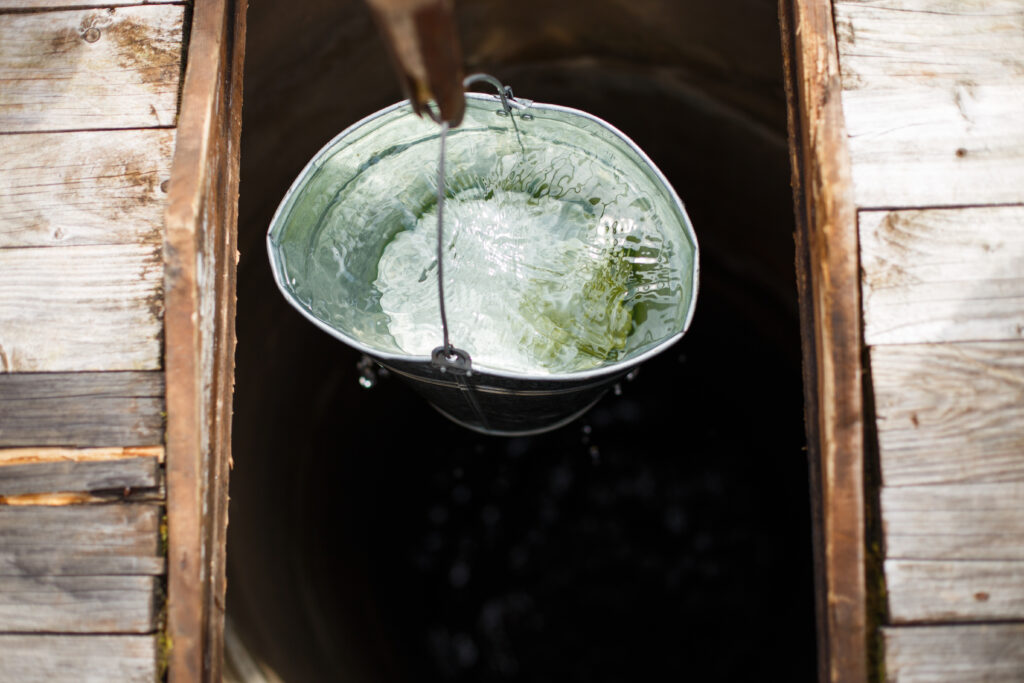
Well Water
A lot of rural homes often get their water from wells. But before using it in baby formula, it must be thoroughly tested and treated because it has a number of serious risks:
Risk of Contamination: Both natural and artificial sources, such as bacteria, viruses, nitrates, heavy metals, and agricultural runoff, can contaminate well water. Since that infants’ immune systems are still developing, these pollutants can pose major health concerns to them.
Testing and Treatment: It is imperative to get well water analyzed for pollutants before using it to make infant formula. Regular testing is necessary since the quality of water might alter over time. Water testing services are provided by many health authorities, or you can contact an accredited laboratory. Reverse osmosis, UV purification, or other suitable treatment techniques should be employed if contaminants are discovered in order to guarantee the safety of the water.
Boiling Well Water: While boiling well water helps eliminate germs and viruses, it leaves behind chemical pollutants. When using bottled or distilled water for baby formula, it’s usually safer to utilize a different water source due to the possible hazards.

Important Factors to Consider When Selecting Water
In selecting the optimal water for infant formula, there are a few important factors to take into account to protect your baby’s health and safety:
Fluoride Concentrations: Although fluoride is necessary for oral health, too much of it can induce dental fluorosis in young children. Too much fluoride exposure to growing teeth can cause dental fluorosis, which causes discoloration and pitting. To prevent this problem, the Centers for Disease Control and Prevention (CDC) advises using low-fluoride water for baby formula. If the fluoride content of your water supply is excessive, you might want to use distilled or low-fluoride bottled water.
Boiling Water: Your baby is safer when the water is boiled for one minute (or three minutes at high elevations) because most bacteria are killed. Boiling, however, does not eliminate chemical pollutants like nitrates, chlorine, or lead. To make sure the water is at a safe temperature for infant formula, always let it cool after boiling.
Water Testing: Get frequent contamination tests done on any well or tap water you use. In addition to private laboratories that can analyze water samples, the majority of health agencies now provide water testing services. Frequent testing helps to detect any new problems and guarantees that the water is still safe for your infant.
Consult Your Pediatrician: For advice based on the health requirements of your infant and the water quality in your area, always see your pediatrician. In addition to offering tailored advice, pediatricians may suggest particular water types or extra safety measures based on your baby’s health and the state of the water supply in your area.
Conclusion
Selecting the appropriate water for baby formula is crucial for the well-being and security of your child. The best option is usually distilled water because of its purity and lack of impurities. On the other hand, make sure the water you select—tap or bottled—meets safety regulations and has the right amount of fluoride. To ensure that your baby’s water supply is safe, regularly check it and seek personalized guidance from your pediatrician. You may give your child the best start in life by taking these steps and making sure they eat a safe and nutritious diet.
